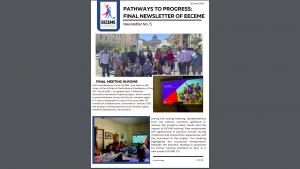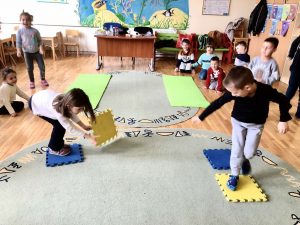Confidence is the quality of being certain of your abilities. When this applies to sports, it may refer to the belief that we can take on challenges, execute skills or perform the way we want. As professionals, helping kids learn how to build confidence is one of the greatest skills we can teach them. Kids who are confident while playing a sport are more likely to experience lowered levels of anxiety, learn quickly from mistakes or have more perseverance.
Therefore, among other actions, we can try to apply these tips to improve the confidence of children:
- LET GO OF FEAR
Letting go of fear is important for improving children’s confidence and increasing their performance in sports. Thus, while establishing safety limits, the child should be made to see that being afraid of doing badly, of playing a sport or of not achieving goals, is not as important as enjoying the process of playing the sport. You want the kids to keep the positive aspects of the game such as motivation and commitment to sport or team.
- FOCUS ON SELF NOT OTHERS – MAKE NO COMPARISONS
Avoiding comparisons is very important if we want to improve children’s confidence, as well as if we want to improve their sports performance. When we compare ourselves, we tend to focus on others and lose sight of our own goals and self-worth. We cannot see the good in others and deny the positive aspects of ourselves. If we focus on comparisons we will be our own worst enemy, we will let ourselves be intimidated and we will play worse. It is important to make children see their own capabilities and reinforce their strengths.
3. DON’T TRY TO BE PERFECT
The idea that we do not have to be perfect must be reinforced. We are human, we cannot be perfect and do everything right. We must learn from our mistakes and try to focus on our strengths while reinforcing our weaknesses. During sports practice we can improve their confidence by showing children what is working instead of focusing only on what is going wrong or what could be improved.
4. FOCUS ON THE PROCESS
Finally, the last tip is to enjoy the learning process. Do not want to reach a goal in any way, shape or form and do not focus solely on the end result. One should learn throughout the process and enjoy it, so by applying the advice given previously, we will achieve the latter and increase the children’s confidence.
All learning takes time, if we trust in ourselves we will make this process more enjoyable, dynamic and faster. As professionals who work with children we must reflect this idea in the children and make them acquire the confidence that many times they do not have or lose along the way.








